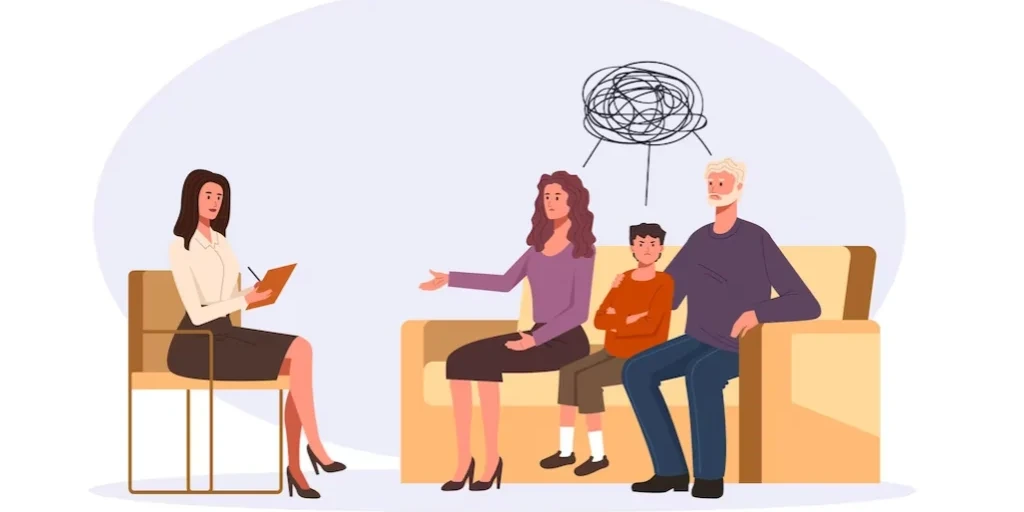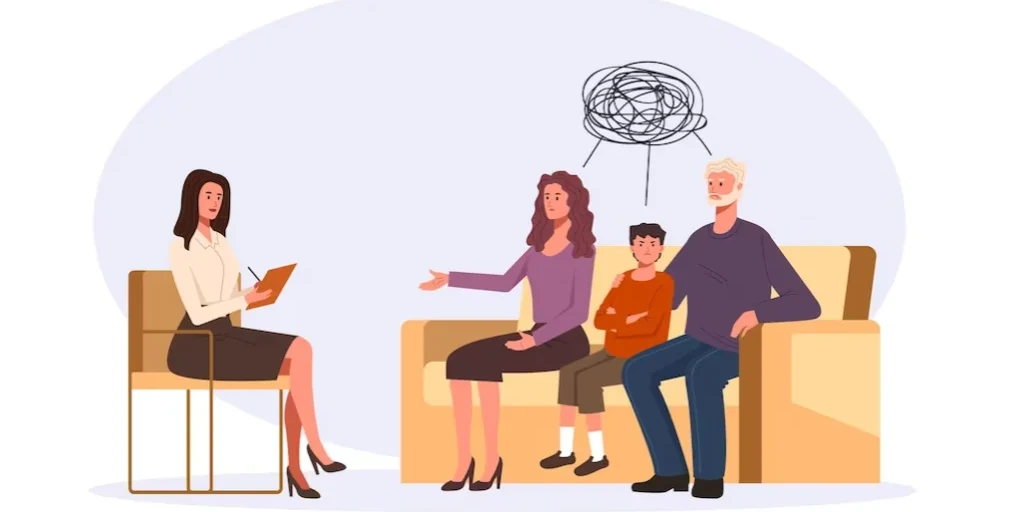24/7 Helpline:
(866) 899-221924/7 Helpline:
(866) 899-2219
Learn more about Ecstasy Detox centers in Jefferson County

Other Insurance Options

Excellus

Premera

Highmark
Beacon

Meritain

Kaiser Permanente

Sutter

UnitedHealth Group

Optum

Covered California

Carleon

Ambetter

WellCare Health Plans

Access to Recovery (ATR) Voucher

Ceridian

Group Health Incorporated

GEHA

BHS | Behavioral Health Systems

Oxford

Health Partners

The PAT Center
The PAT Center is a drug and alcohol rehab in Pine Bluff, Arkansas. They provide outpatient addictio...

Alliance for Change – Through Treatment
Alliance for Change – Through Treatment is a private rehab located in Tucker, Georgia. Alliance for ...

Family Works
Family Works is a private rehab located in Tucker, Georgia. Family Works specializes in the treatmen...

Weeks and Vietri – Counseling and Community Services
Weeks and Vietri – Counseling and Community Services is a private rehab located in Moscow, Idaho. We...



























































Recovery Center
Recovery Center is a private rehab located in Pine Bluff, Arkansas. Recovery Center specializes in t...

HDRS Alcoholism Treatment
HDRS Alcoholism Treatment is a private rehab located in Pine Bluff, Arkansas. HDRS Alcoholism Treatm...

New Beginnings Casa
New Beginnings Casa is a drug and alcohol rehab that supports adults and adolescents. Located in Pin...

InnerChange Freedom Initiative
InnerChange Freedom Initiative is a non-profit rehab located in Tucker, Arkansas. InnerChange Freedo...

Southeast Arkansas Behavioral Healthcare System
Southeast Arkansas Behavioral Healthcare System is a drug and alcohol rehab in Pine Bluff, Arkansas....

Central Arkansas Veterans Healthcare System – Pine Bluff Outpatient Clinic
Central Arkansas Veterans Healthcare System - Pine Bluff Outpatient Clinic is a public clinic locate...

Clarkston Twelve Step Group
Clarkston Twelve Step Group is located in Tucker, GA. Clarkston Twelve Step Club is a fellowship of ...

Georgia Recovery Center
Georgia Recovery Center is a private rehab located in Tucker, Georgia. Georgia Recovery Center speci...

Region II Mental Health Center
Region II Mental Health Center is a public rehab located in Moscow, Idaho. Region II Mental Health C...

Sequel Alliance Family Services
Sequel Alliance Family Services - Rodeo Drive offers intensive outpatient services for individuals w...

Scott Community Care
Scott Community Care is a private rehab located in Moscow, Idaho. Scott Community Care specializes i...

Northeastern Mental Health Center
Northeastern Mental Health Center is a public rehab located in Redfield, SD. Northeastern Mental Hea...


























































































































